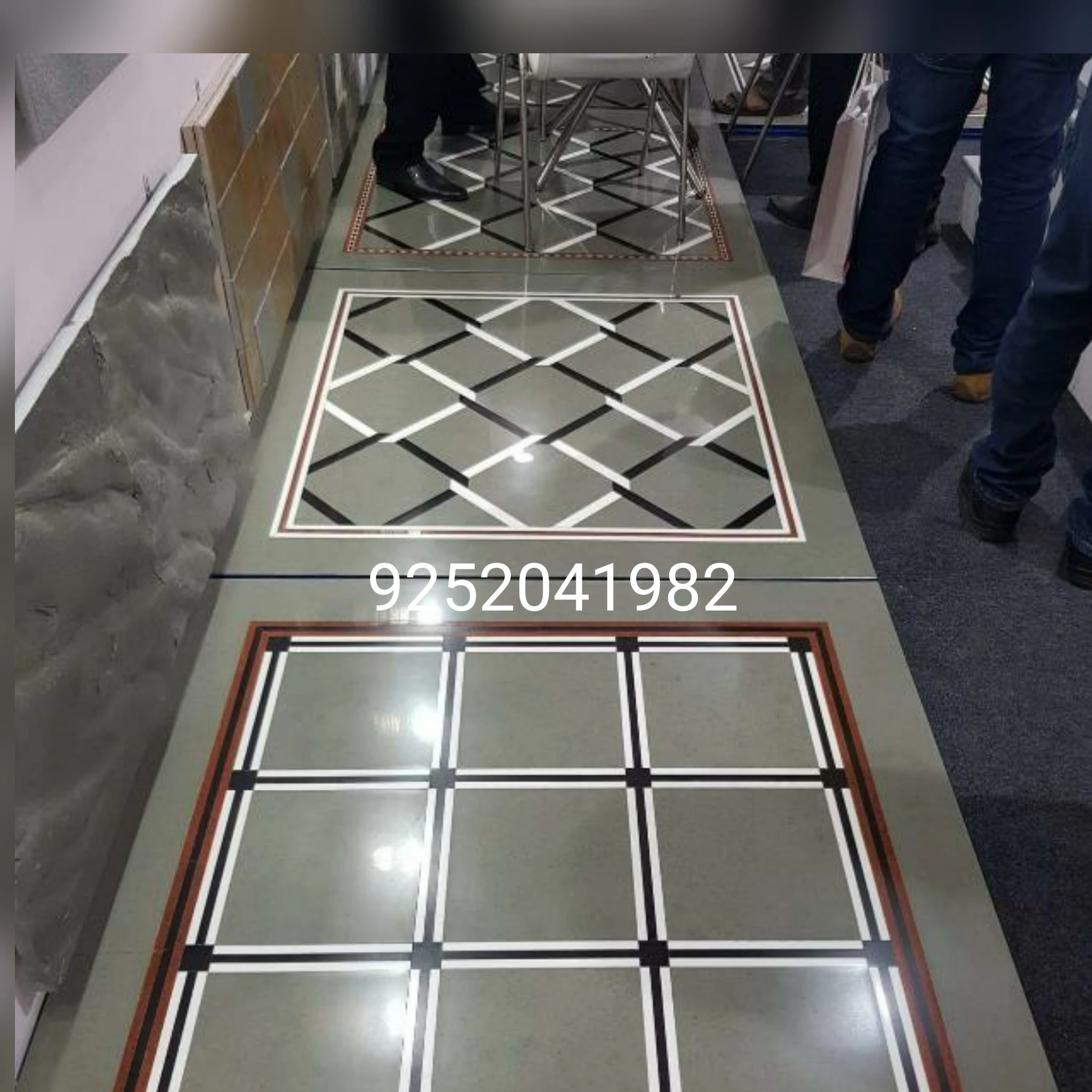कोटा स्टोन पत्थर की डिजाइन
कोटा स्टोन पत्थर भारतीय भूमि की एक प्रमुख संस्कृति और स्थायित्व का प्रतीक है। इस पत्थर की डिजाइन में विशेष शैली और समृद्धि होती है, जो उसे विभिन्न निर्माण प्रोजेक्ट्स में एक अद्वितीय और चमकदार विकल्प बनाती है।
कोटा स्टोन पत्थर का उत्पादन राजस्थान के कोटा जिले में होता है, जो इसे उसके नाम के रूप में पहचानता है। यह पत्थर अपनी प्राकृतिक खूबसूरती, मजबूती, और स्थिरता के लिए प्रसिद्ध है। इसकी सुंदरता और विविधता इसे विभिन्न डिज़ाइन में उपयोगी बनाती है।
कोटा स्टोन पत्थर की डिजाइन में एक विशेष शैली होती है जो इसे आकर्षक बनाती है। इसकी अनोखी रंगत, गहराई, और चिकनाई किसी भी निर्माण प्रोजेक्ट को आकर्षित करती हैं। इस पत्थर की डिजाइन में संगमरमर के साथ मिलने वाली शैली भी उसे अद्वितीय बनाती है।
कोटा स्टोन पत्थर का उपयोग विभिन्न निर्माण प्रोजेक्ट्स में किया जा सकता है, जैसे कि घर की दीवारें, फव्वारे, पथ, और बगीचे। इसकी डिजाइन में विभिन्न आकार, पैटर्न और टेक्स्चर्स का उपयोग किया जा सकता है, जो इसे आधुनिक और आकर्षक बनाते हैं।
कोटा स्टोन पत्थर की डिजाइन में समृद्धि होती है, जो इसे संसाधनीय और आकर्षक बनाती है। इसके उपयोग से निर्माण प्रोजेक्ट्स को अंतरराष्ट्रीय स्तर पर मान्यता मिली है, और यह लोगों के बीच लोकप्रिय है।
समाप्ति के रूप में, कोटा स्टोन पत्थर की डिजाइन उसकी अद्वितीय शैली, सुंदरता, और समृद्धि के कारण एक प्रमुख निर्माण साधन बन चुकी है। इसका उपयोग न केवल भारत में बल्कि पूरे विश्व में बढ़ रहा है, जिससे यह एक आधुनिक और वैश्विक उपाय बन गया है।
